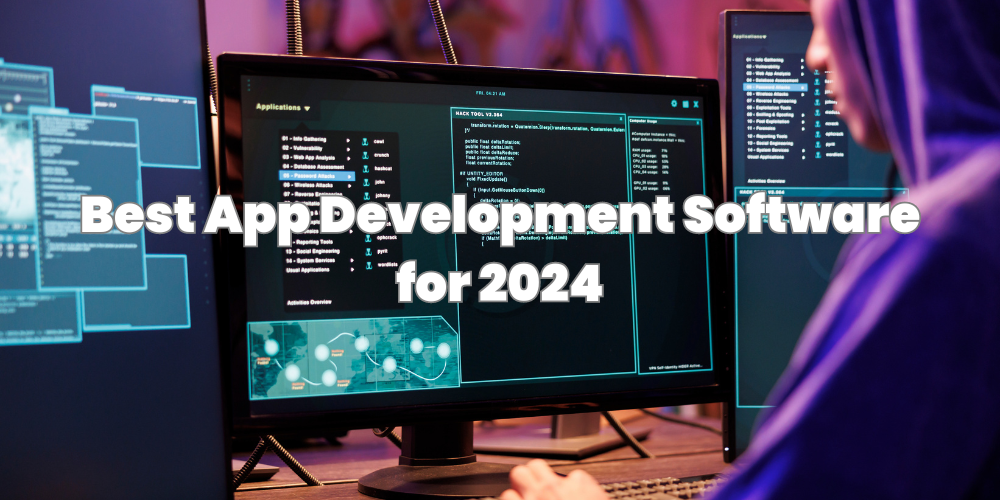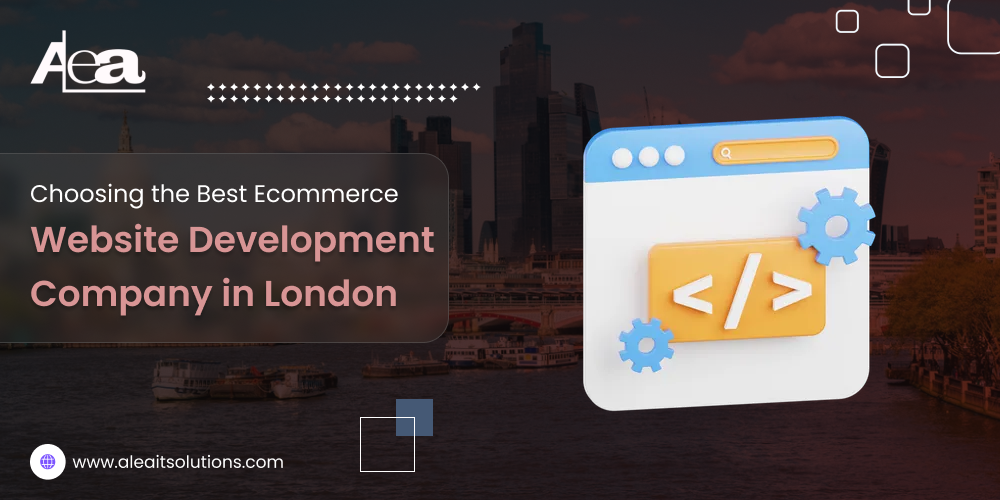According to latest research more than 85% of users in the United States prefer using a mobile app has drastically increased their productivity and efficiency. From a little cab hailing app in San Francisco called Uber to a student rating polling system at Harvard dorm rooms called Facebook, we are all fans of mobile apps, aren’t we?
This blog explains the working components of mobile apps, the popular development tools required in mobile app development.
Android Studio is the official integrated development environment (IDE) for Google’s Android operating system. It offers a wide range of features like code editing, debugging, and performance tools. This platform is essential for building high-quality Android apps and provides developers with a direct connection to the Android app ecosystem.
Key Features:
- Fast code generation
- Real-time code analysis
- Extensive testing tools
- Cloud integration
2. Xcode
For iOS app development, Apple’s Xcode is the go-to platform. Xcode offers a complete toolset for building applications across Apple’s ecosystem, including macOS, iOS, watchOS, and tvOS. It features a smooth coding environment with real-time feedback and a large set of UI design tools.
Key Features:
- Swift and Objective-C coding support
- Built-in simulator for testing across Apple devices
- Integration with Git for version control
3. Flutter
Flutter, developed by Google, is an open-source UI software development kit that allows developers to build native apps for Android, iOS, and even web platforms from a single codebase. Its ability to deliver apps with a native look and feel, while reducing development time, makes it one of the most popular tools for cross-platform development.
Key Features:
- Cross-platform development (Android, iOS, Web)
- Fast performance
- Customizable widgets
- Hot-reload for quick testing
4. React Native
React Native, developed by Facebook, is another popular cross-platform app development framework. It uses JavaScript and React to build apps for both Android and iOS, allowing for faster development and deployment. It’s a great choice for businesses looking to develop mobile apps quickly and cost-effectively.
Key Features:
- Reusable components across platforms
- Large community support
- High-performance native apps
- Integration with native code (Java, Swift, Objective-C)
Apache Cordova is a mobile development framework that allows developers to build applications using HTML5, CSS3, and JavaScript. The apps created can be deployed across multiple platforms, including iOS, Android, and Windows. It’s ideal for developers looking for a simple, lightweight framework to get started with hybrid app development.
Key Features:
- Access to native device functions
- Cross-platform capabilities
- Large plugin library
6. AleaIT Solutions‘ Custom Development Services
While these platforms provide excellent tools for developers, finding the right team to implement and scale your application is equally important. That’s where AleaIT Solutions shines. As a leading web and app development company, AleaIT Solutions offers expert services in custom app development, helping businesses navigate the complexities of both mobile and web app development. With deep expertise in utilizing frameworks like Flutter and React Native, the team at AleaIT delivers end-to-end solutions tailored to client needs. Whether you’re developing a cross-platform mobile app or a web-based solution, AleaIT ensures your vision comes to life efficiently and within budget.
7. Unity
Primarily known for game development, Unity has grown to become a versatile tool for app developers as well. Its robust engine, combined with a user-friendly interface, makes it an excellent choice for creating both 2D and 3D apps, including augmented reality (AR) and virtual reality (VR) applications.
Key Features:
- Extensive plugin marketplace
- Support for 25+ platforms
- Real-time rendering and high-quality graphics
8. Appy Pie
For non-developers or small businesses looking to create an app without learning to code, Appy Pie offers a no-code development environment. It allows users to create apps using a simple drag-and-drop interface, perfect for small businesses or startups with limited resources.
Key Features:
- No coding required
- Easy-to-use drag-and-drop interface
- Real-time app testing
9. BuildFire
BuildFire is another no-code platform that simplifies mobile app development. It’s geared towards businesses looking to create apps for iOS and Android without the need for coding expertise. Its custom plugin system also allows businesses to scale their app features as needed.
Key Features:
- Highly customizable plugins
- No-code development
- Real-time app updates
10. PhoneGap
An Adobe-owned platform, PhoneGap is used for developing hybrid mobile apps. Like Apache Cordova, it allows developers to use web development technologies such as HTML5, CSS, and JavaScript to create mobile apps.
Key Features:
- Cross-platform support
- Plugin library for extended functionalities
- Cloud-based build options
Conclusion
If you are looking to create your own mobile application to solve one of your own business challenges, reach out to AleaIT Solutios. We have built and deployed more than 700 mobile apps over a span of 20 years across multiple industries. We build apps for scalability, security, security and satisfaction. Our apps have been featured in leading publications and we are extremely proud to help our clients get their business to the next level.
AleaIT ensures that your project is handled by professionals who are well-versed in the latest technologies and trends. Contact AleaIT today to see how they can help turn your app vision into reality!




